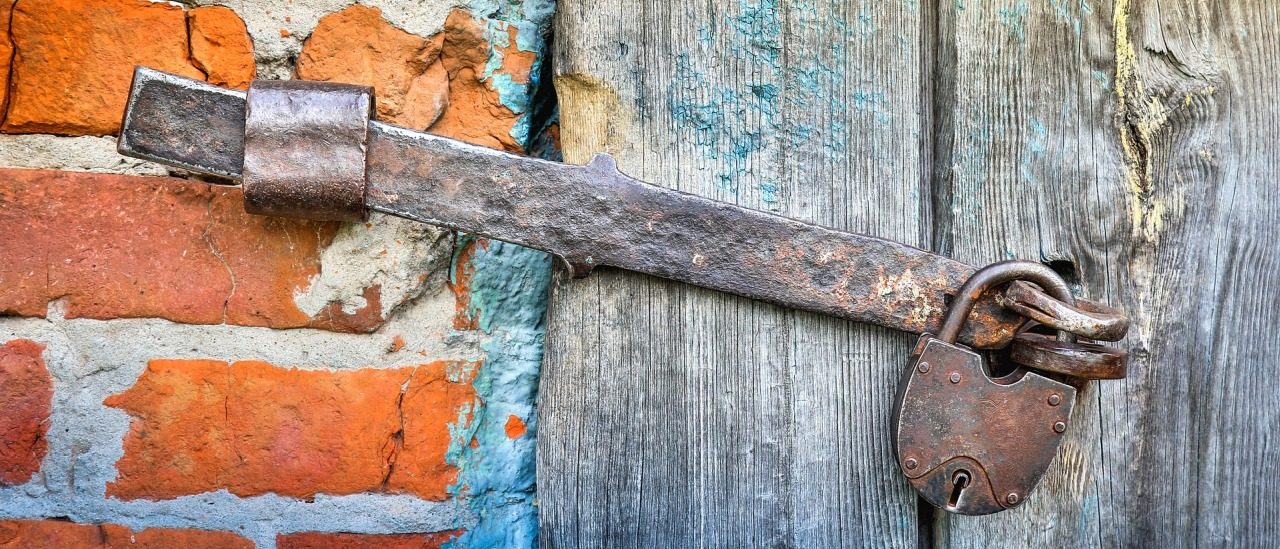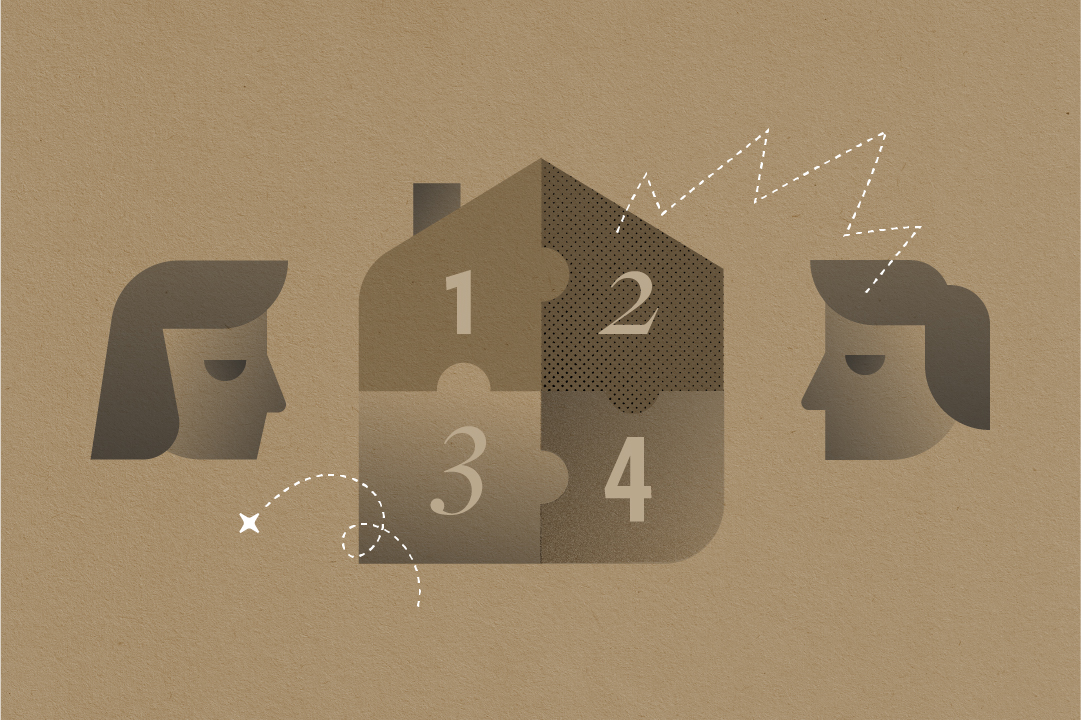By Gabby Bridger
When parties separate, sometimes one or the other must take steps to protect the assets before a family law property settlement is formalised. One tool that is available to protect the matrimonial assets is the lodgement of a caveat on the tile to real property.
What is a caveat?
A caveat is a notice at large that is recorded on the title of real property to protect the interest which the caveator may have on the real property. Any third party who may seek to deal with the real property is placed on notice about the caveator’s claim by the existence of the caveat.
When may a caveat be used in family law?
Sometimes in a relationship, both parties have an interest in a property but only one party’s name is on the title. This may be for a range of reasons, such as one party bought the property prior to the relationship or for tax purposes. Even if the property is just in one party’s name, the other party may still have a caveatable interest. For example, if both parties have contributed to paying the mortgage on a house or one party made other financial or non-financial contributions throughout the relationship. However, not everyone will have a caveatable interest, so legal advice should be sought to determine whether you have an interest.
If you share a property with your spouse or partner, but the property is solely in your spouse’s name, he/she may have the ability to deal with that property without your consent. This may become a problem in family law matters, if the property should form part of the overall property pool, yet the person on title sells it, uses the equity, transfers a share to someone else or uses the property as security to raise a loan. A caveat may prevent your spouse dealing with the property before the Court may deal with the family law dispute. .
How may a caveat help protect you?
In a family law property dispute, lodging a caveat on a property protects your interest in it. This will stop the other party, who is on title, dealing with the property in a way that could detriment you. A caveat also acts as a warning for anyone else who does a search of the property; they would see that someone else has an interest in the property. In order to sell or deal with the property, the caveat would need to be removed.
Proceed with caution! Are there any risks in lodging a caveat?
Whether a party has a caveatable interest in a property in a family law matter is a complex question on law that must be considered on its own facts.
There are risks associated with lodging a caveat if you do not have a caveatable interest in the property. If you lodge a caveat without having an interest in the property and financial loss is then suffered by the person on title, you may be liable to pay compensation. Therefore, it is important to seek legal advice to determine your interest in a property and whether it is appropriate to lodge a caveat.
We can help you work out whether you have an interest in the property that allows you to safely lodge a caveat.
To speak to one of our family lawyers about how to protect your property, or to find out what you are entitled to or to make an appointment at either our Canberra or Queanbeyan office, contact us on:
info@elringtons.com.au| p: 02 6206 1300
For more information:
Elringtons Family Law
Family Law: Property Disputes and Settlements







